A Brief Introduction to Astronomy in the Middle East
The Middle East was both the birthplace of astronomy and the center for its development during the medieval period, and this volume offers a fascinating insight into Arabic advances in astronomy and their profound influence on science in the rest of the world.
This is the first of two titles published to launch a new series offering insight into Arabic advances in science and culture. Aimed at the general reader, the titles are illustrated and contain glossaries, indices, and suggestions for further reading.
John M. Steele is a Royal Society University Research Fellow at the University of Durham.
"A Brief Introduction to Astronomy in the Middle East" by John M. Steele is a comprehensive and informative book that provides a detailed overview of the history and development of astronomy in the Middle East region. The book covers the contributions and achievements of Middle Eastern astronomers and their impact on the field of astronomy, as well as the cultural and historical context in which these contributions were made.
One of the standout features of the book is its thorough and well-researched coverage of the early contributions of civilizations such as ancient Babylon and Egypt, which made significant advances in celestial observation and the practical use of astronomical knowledge. The book provides a wealth of detail on the tools and techniques used by these early civilizations, as well as the ways in which they used this knowledge for practical purposes such as the creation of calendars and the prediction of celestial events.
The book also does an excellent job of exploring the contributions of the ancient Greeks, who were greatly influenced by the astronomy of the Babylonians and Egyptians and made significant contributions of their own to the field. The book provides a detailed look at the work of key figures such as Pythagoras and Hipparchus and the ways in which their contributions shaped our understanding of the cosmos.
The book's coverage of the Golden Age of Islam is also particularly noteworthy, providing a detailed look at the many innovative and influential Islamic astronomers who made significant contributions to the field during this time. The book covers the development of important tools such as the astrolabe and the creation of important mathematical and astronomical treatises, as well as the ways in which these contributions impacted the field of astronomy.
In more recent times, the book discusses the contributions of Middle Eastern astronomers to the field, including the development of national observatories and space programs in countries such as Iran and Saudi Arabia and the discovery of important celestial phenomena such as supermassive black holes and the confirmation of the existence of dark matter.
Overall, "A Brief Introduction to Astronomy in the Middle East" is a highly recommended book for anyone interested in the history and development of astronomy in the Middle East region. Its thorough and well-researched coverage of the contributions and achievements of Middle Eastern astronomers, as well as the cultural and historical context in which these contributions were made, makes it an invaluable resource for those interested in this fascinating and important subject.










